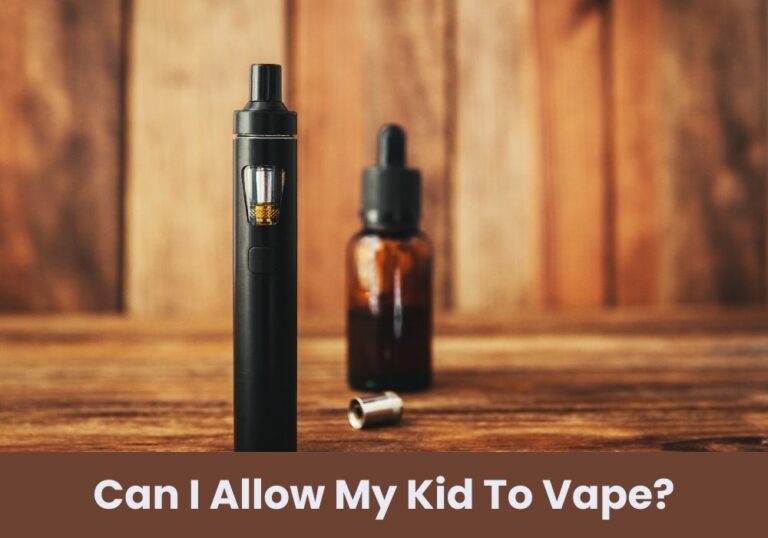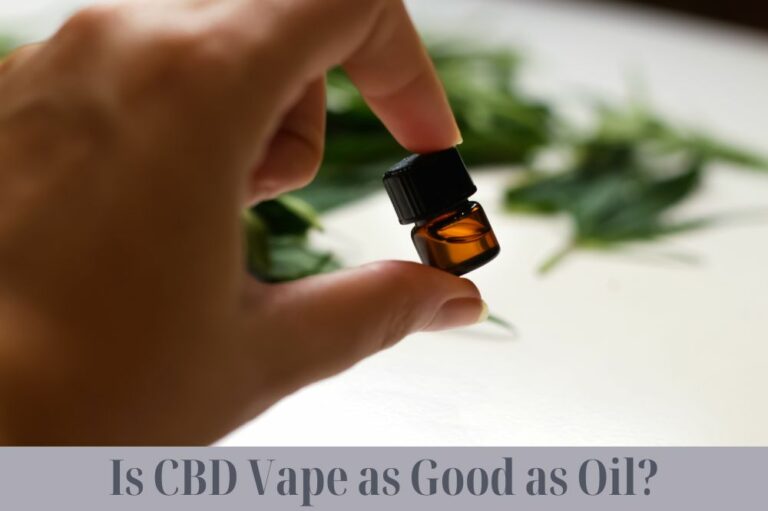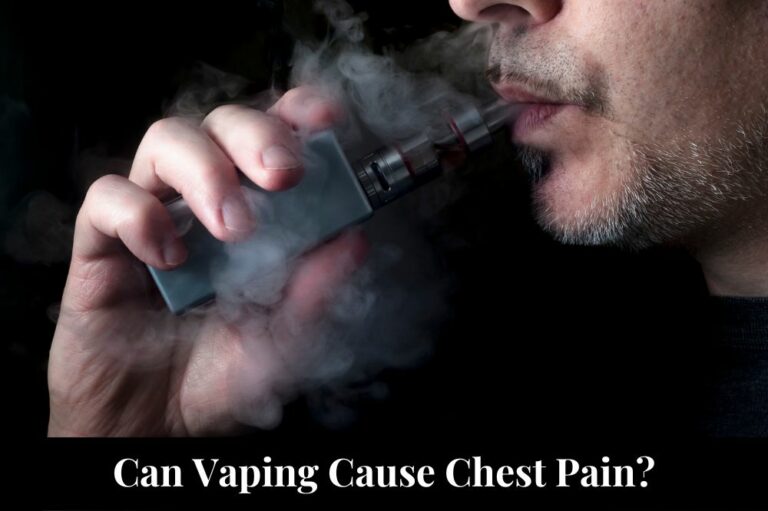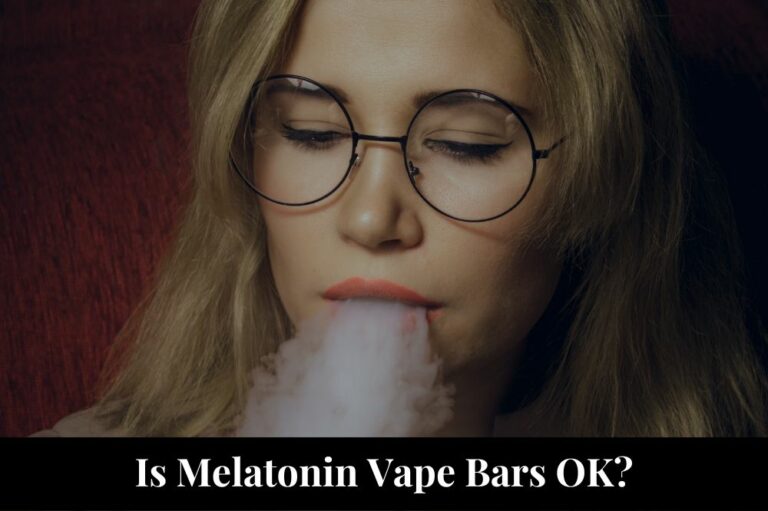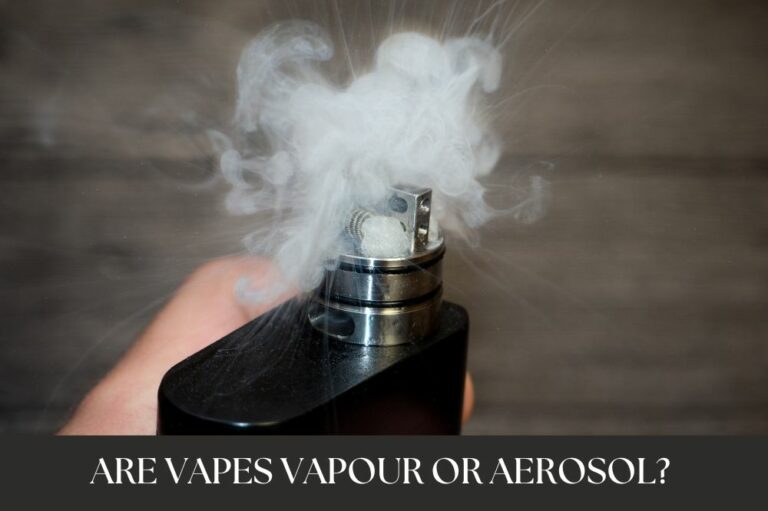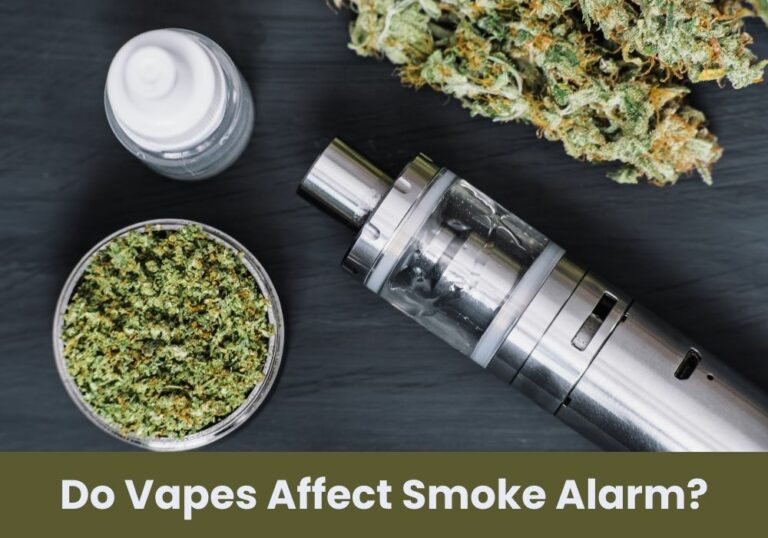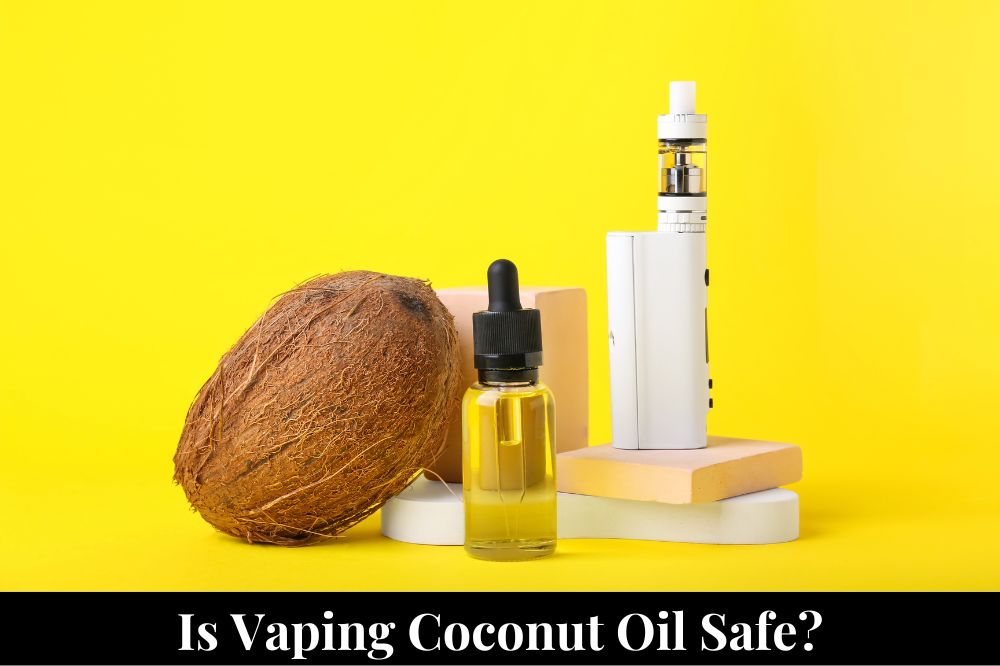
Are you considering vaping coconut oil? You might want to think twice before doing so. While coconut oil is known for its health benefits when consumed, it is not safe to inhale. In fact, inhaling coconut oil can cause serious damage to your lungs and respiratory system.
Several studies have shown that coconut oil should not be used in vape pens. According to Healthline, inhaling coconut oil can cause lipid pneumonia, a rare condition that occurs when fat particles enter the lungs and cause inflammation. This can lead to coughing, chest pain, and difficulty breathing. In addition, samples of vape fluids from people with e-cigarette or vaping product use-related lung injury have been shown to contain both coconut oil and MCT oil, which can be harmful to breathe in.
In conclusion, vaping coconut oil is not a safe alternative to commercial vape juices. While coconut oil has many health benefits, including promoting heart health, aiding digestion, and improving cognitive function, these benefits are achieved through consumption, not vaping. If you are looking for a safer alternative to commercial vape juices, consider using products that are specifically designed for vaping.
Understanding Vaping
If you’re new to vaping, it’s important to understand what it is and how it works. Vaping is the act of inhaling vapor produced by an electronic cigarette or other vaping device. The device heats a liquid, known as e-juice or vape juice, which typically contains nicotine, flavorings, and other chemicals. When the liquid is heated, it produces a vapor that you inhale.
While vaping has become increasingly popular in recent years, it’s important to understand that it is not without risks. Vaping can expose you to harmful chemicals and toxins, including nicotine, which is highly addictive. Vaping can also cause lung damage and other health problems, especially if you use it regularly over a long period of time.
If you’re considering vaping, it’s important to do your research and understand the risks involved. It’s also important to choose high-quality vaping products and e-juices, and to use them responsibly.
When it comes to vaping coconut oil, it’s important to understand that this is not a safe practice. While coconut oil has many reported health benefits, including promoting heart health, aiding digestion, and improving cognitive function, these benefits are achieved through consumption, not vaping. Inhaling coconut oil can cause damage to your lungs and respiratory system, and it is not a safe alternative to commercial vape juices.
SPIRITBAR Katana BP10000
- Slender, leather-textured body reminiscent of a katana handle for an authentic samurai feel
- Unique samurai-inspired e-liquid flavor - fruity yet not too sweet, with a luxurious, elegant aroma
- Powerful 650mAh rechargeable battery for extended vaping time
- Large 18ml e-liquid capacity and 10,000 puff capacity
- Advanced mesh coil and e-liquid & power display screens for optimal vaping experience
The special juice captures the essence of the samurai spirit with its rich, smoothly pulsating flavor that brings new satisfaction with every puff. The device's slender, leather-textured design evokes the grip of a samurai's katana, making this product a perfect choice for beginner vapors.
There are many nicotine-free vape products available that are designed for those who enjoy the feeling of vaping but don’t necessarily want nicotine. If you’re looking for a safe and enjoyable vaping experience, it’s important to choose high-quality products and to use them responsibly.
Basics of Coconut Oil
Coconut oil is a popular oil derived from the meat of mature coconuts. It is a versatile oil that can be used for cooking, skin care, and even as a natural remedy for certain ailments.
Coconut oil is composed of medium-chain triglycerides (MCTs), which are a type of saturated fat. However, unlike other types of saturated fats, MCTs are metabolized differently in the body and are believed to have some health benefits.
SPIRITBAR Jack’s Flask 9000 Puffs
- Stylish pirate flask-shaped body providing an exciting vaping experience
- Delivering up to 9000 puffs per device
- 20ml e-liquid capacity with 50mg nicotine strength for satisfying throat hit
- Specialized pirate-themed e-juice flavors for rich, swirling taste
- Premium mesh coil optimizes flavor profile for maximum vaping enjoyment
This disposable vape captures the daring spirit of the high seas with its flask styling and signature pirate e-juice flavors. The extraordinary battery life provides 9000 indulgent puffs for extended vaping pleasure. Live boldly and freely with the Jack's Flask - a legendary vaping experience fit for a pirate's adventures.
When it comes to vaping, some people may wonder if coconut oil can be used as a safer alternative to commercial vape juices. However, it is important to note that vaping coconut oil is not safe and can be harmful to your health.
Coconut oil has a low smoke point, which means that it can easily burn and produce harmful fumes when heated. When you vape coconut oil, you are inhaling these harmful fumes directly into your lungs, which can cause serious health problems.
In addition, vaping coconut oil can also lead to lipid pneumonia, a rare but serious condition where oil particles accumulate in the lungs and cause inflammation. This can lead to symptoms such as coughing, chest pain, and difficulty breathing.
Overall, it is not recommended to vape coconut oil. If you are looking for a safer alternative to commercial vape juices, there are many options available that do not contain harmful ingredients.
Coconut Oil as a Vaping Substance
If you’re considering using coconut oil as a vaping substance, it’s important to know that it’s not a safe option. Although coconut oil has many health benefits when consumed, it’s not designed for use in vape pens. Inhaling coconut oil can cause damage to your lungs and respiratory system, leading to serious health problems.
Vaping coconut oil can also produce harmful chemicals when heated, which can be dangerous to inhale. It’s important to note that vaping substances that are not designed for inhalation can cause serious health problems, so it’s always best to stick to products that are specifically designed for vaping.
If you’re looking for a safe alternative to commercial vape juices, there are many options available that don’t contain harmful substances. Many vape solutions without nicotine are offered for this particular use. Just be cautious to buy them from reliable sources.
In conclusion, while coconut oil has many reported health benefits, vaping it can be harmful to your health. Stick to products that are specifically designed for vaping, and avoid using substances that are not intended for inhalation.
Potential Risks of Vaping Coconut Oil
If you are considering vaping coconut oil, it is important to understand the potential risks involved. While coconut oil has many reported health benefits, including promoting heart health, aiding digestion, and improving cognitive function, these benefits are achieved through consumption, not vaping.
Lipid Pneumonia
One of the main concerns with vaping coconut oil is the risk of developing lipid pneumonia. Lipid pneumonia occurs when lipids, or fats, enter the lungs and cause inflammation. This can lead to symptoms such as coughing, shortness of breath, chest pain, and fever.
SPIRITBAR Katana BP10000
- Slender, leather-textured body reminiscent of a katana handle for an authentic samurai feel
- Unique samurai-inspired e-liquid flavor - fruity yet not too sweet, with a luxurious, elegant aroma
- Powerful 650mAh rechargeable battery for extended vaping time
- Large 18ml e-liquid capacity and 10,000 puff capacity
- Advanced mesh coil and e-liquid & power display screens for optimal vaping experience
The special juice captures the essence of the samurai spirit with its rich, smoothly pulsating flavor that brings new satisfaction with every puff. The device's slender, leather-textured design evokes the grip of a samurai's katana, making this product a perfect choice for beginner vapors.
Coconut oil is a lipid, which means that inhaling its vapors could potentially lead to lipid pneumonia. While there is not much research on the topic, experts advise against vaping coconut oil due to the potential risks.
Other Health Concerns
In addition to the risk of lipid pneumonia, there are other health concerns associated with vaping coconut oil. One concern is the potential for the oil to clog your vape pen or e-cigarette, which can cause damage to the device and potentially release harmful chemicals into the air.
Furthermore, inhaling any kind of oil can be harmful to your lungs, as it can lead to a condition known as lipoid pneumonia. This condition occurs when oil enters the lungs and causes inflammation, which can lead to symptoms such as coughing, chest pain, and difficulty breathing.
Overall, it is important to be aware of the potential risks associated with vaping coconut oil. While there are many reported health benefits of coconut oil, these benefits are achieved through consumption, not vaping. If you are looking for a safer alternative to commercial vape juices, consider using a product that is specifically designed for vaping.
Scientific Studies on Vaping and Oils
When it comes to vaping, there are many different oils and liquids that people use in their devices. Coconut oil is one such substance that some people may consider using. However, before you decide to vape coconut oil, it’s important to understand the potential risks involved.
There have been some scientific studies conducted on the impact of vaping oils on human health. For example, a study published in Respiratory Research found that e-cigarettes can be safer than conventional cigarettes, although harmful effects from short-term e-cigarette use have been described. Additionally, the potential long-term effects of e-cigarette consumption have been scarcely investigated.
Another study published in the National Library of Medicine determined that MCT oil, which is derived from coconut oil, is generally recognized as safe (GRAS) for human consumption. However, it’s important to note that this study used MCT oil from coconut, which was comprised of 60% caprylic acid (C8) and 40% capric acid (C10) triglycerides.
While these studies suggest that vaping oils may not be as harmful as traditional cigarettes, it’s important to remember that vaping is not completely safe. There are good alternatives if you’re pondering that bottle of coconut oil as you enjoy the feeling of vaping but don’t really require nicotine. Many vape solutions without nicotine are offered for this particular use. Just be cautious to buy them from reliable sources.
Overall, it’s essential to do your research and understand the potential risks before you decide to vape any substance, including coconut oil.
Alternatives to Coconut Oil in Vaping
If you’re looking for alternatives to coconut oil in vaping, you have a few options. While coconut oil is a popular choice for some vapers, it’s not recommended due to the potential health risks associated with inhaling oil droplets.
One alternative is to use vegetable glycerin (VG) or propylene glycol (PG), which are commonly used in e-liquids. These substances are generally safe for inhalation and are used in many FDA-approved products.
Another alternative is to use essential oils. However, it’s important to note that not all essential oils are safe for inhalation. Some essential oils can cause respiratory irritation or other health problems. Be sure to do your research and only use essential oils that are safe for inhalation.
You can also try using herbal extracts or tinctures. These can be added to your e-liquid or used on their own. However, it’s important to note that not all herbal extracts are safe for inhalation. Be sure to do your research and only use extracts that are safe for inhalation.
Overall, there are many alternatives to coconut oil in vaping. Be sure to do your research and choose a safe and effective alternative that works for you.
Safety Precautions When Vaping
When it comes to vaping, safety is always a top priority. Here are some important precautions to keep in mind when vaping:
1. Use Safe Vaping Products
It’s important to only use vaping products that are designed specifically for vaping. While it may be tempting to use household items like coconut oil, these products are not safe for vaping and can cause serious harm to your lungs and respiratory system. Stick to reputable brands and products that are specifically designed for vaping.
2. Keep Your Vaping Device Clean
Keeping your vaping device clean is essential for ensuring a safe vaping experience. Make sure to clean the mouthpiece, atomizer tank, and connectors regularly to prevent the buildup of harmful bacteria and other contaminants.
3. Store Your Vaping Products Safely
When storing your vaping products, it’s important to keep them out of reach of children and pets. Store them in a cool, dry place away from direct sunlight and heat sources.
4. Don’t Overdo It
While vaping can be a fun and enjoyable experience, it’s important not to overdo it. Vaping too much can lead to nicotine addiction and other health problems. Make sure to use vaping products responsibly and in moderation.
5. Be Mindful of Your Surroundings
When vaping in public, it’s important to be mindful of your surroundings. Avoid vaping in areas where smoking is prohibited, and be respectful of those around you who may not want to be exposed to secondhand vapor.
By following these safety precautions, you can enjoy a safe and enjoyable vaping experience. Remember, always prioritize your health and safety when it comes to vaping.



